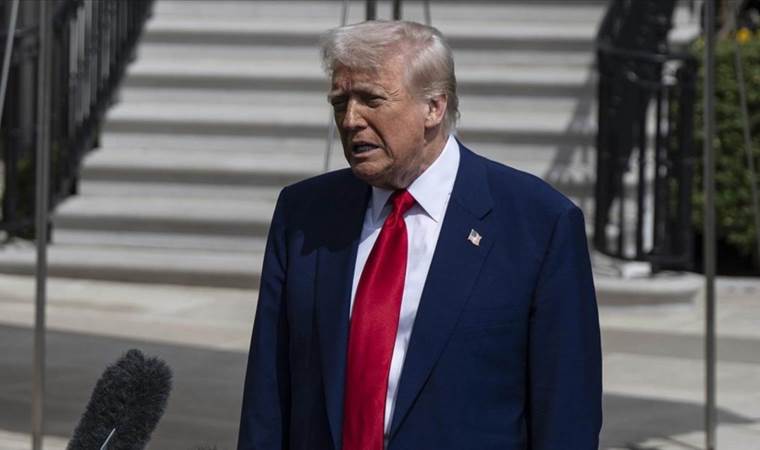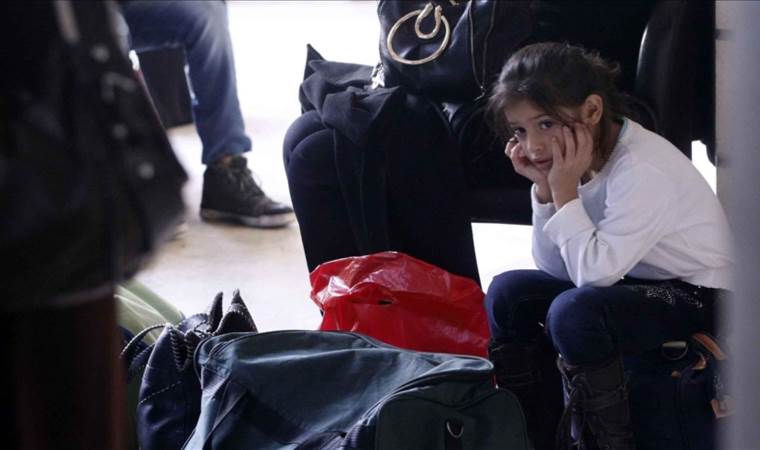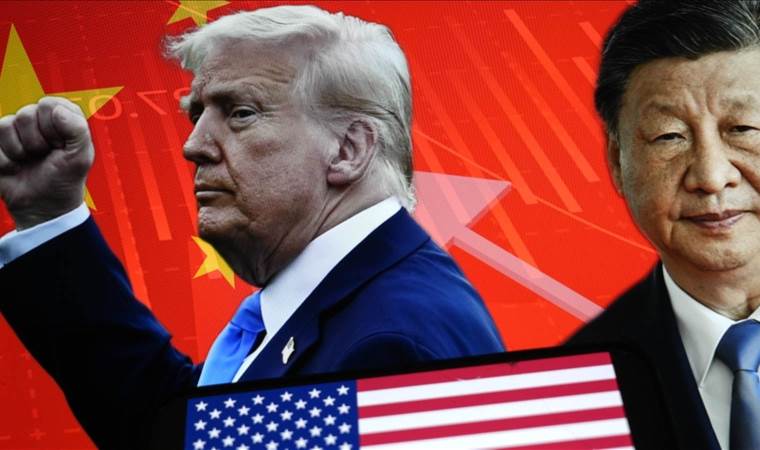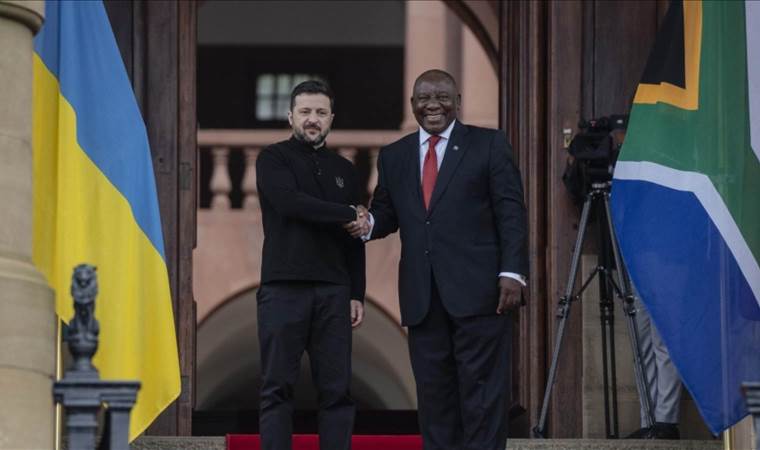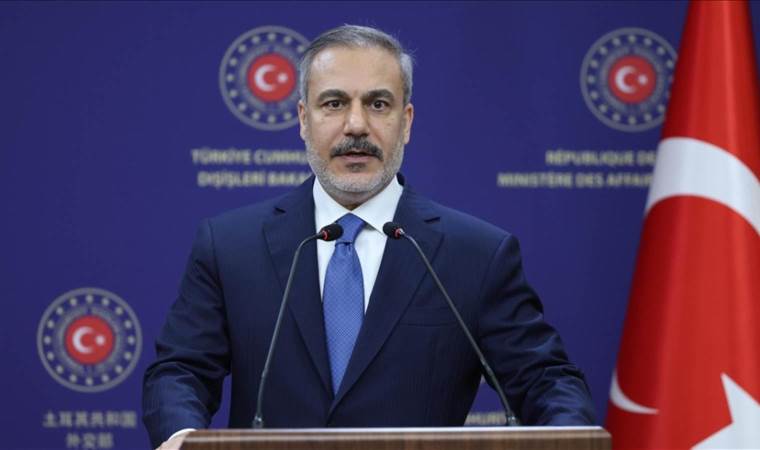French asset prices swing as investors grapple with election result
French shares and bond prices turned higher in early trading on Monday after initial falls as investors digested elections which left France facing a hung parliament and the prospect of taxing negotiations to form a government.

A surprise left-wing surge in Sunday's election blocked Marine Le Pen's quest to bring the far right to power in the National Assembly but no single group secured a working majority.
That meant French assets traded choppily at the open as traders struggled to process relief at the absence of a far right victory, concern about a more powerful left, and uncertainty about who will eventually form a government.
France's blue-chip CAC40 share index was last up 0.4%, reversing an earlier fall, though still down around 4% since the election was called in early June. .FCHI
Societe Generale SOGN.PA and BNP Paribas BNPP.PAwhich had opened down around 1%, were last a touch higher.
Bond markets too were uncertain how to price the outcome and the gap between Germany and France's 10 year bond yields widened to as much as 71.1 basis points but was last a touch narrower at 66.5 bps. DE10FR10=RR
That spread reflects the premium investors demand to hold French debt rather than euro zone benchmark Bunds. It widened to above 80 basis points in the build-up to the election, its highest since the euro zone crisis in 2012, as investors feared a far-right majority that could implement high spending policies.
Opinion polls had forecast Marine Le Pen's far-right National Rally (RN) would be the largest party, but the election leaves France's 577-seat assembly divided in three big groups - the left, centrists, and the far right - with hugely different platforms and no tradition at all of working together.
"It's going to be very hard to actually go ahead and pass any policy and bring about any progressive reforms because each party's vote is split and no one has an absolute majority," said Aneeka Gupta, director of macroeconomic research at WisdomTree.
She added, however: "I think the markets will be happy we're avoiding this extreme situation with the far right."
Investors also have concerns that the left's plans could unwind many of President Emmanuel Macron's pro-market reforms and believe a gridlock could end attempts to rein in France's debt, which stood at 110.6% of gross domestic product in 2023.
The euro steadied after an initial fall against both the dollar and the pound and was at $1.0835 and 84.58 pence, respectively. EUR=EBS, EURGBP=D3
"It looks like the anti-far right parties really got a lot of support," said Simon Harvey, head of FX analysis at Monex Europe.
"But fundamentally from a market perspective, there's no difference in terms of the outcome. There's really going to be a vacuum when it comes to France's legislative ability."
NEXT PRIME MINISTER?
Markets' focus now turns to who will be France's next prime minister.
Current Prime Minister Gabriel Attal said he would tender his resignation, but it was not clear whether the president would accept it immediately, given the daunting task ahead to form a government.
Economists at Nomura said they expected a centrist technocratic premier to eventually be installed, and when this happens and "political uncertainty subsides, we would expect OAT-Bund spreads to tighten again."
They said a Prime Minister from left bloc - the New Popular Front - would be "the most adverse outcome for financial markets."
Parties from the NFP - made up of the French Communist Party, hard-left France Unbowed, the Greens and the Socialist Party - met overnight for first talks on how to proceed.
The bloc has no leader, and its parties are deeply divided over who they could select as a suitable premier, though investors remain nervous.
"The economic programme of the left is in many ways much more problematic than that of the right, and while the left will not be able to govern on their own, the outlook for French public finances deteriorates further with these results," said Nordea's chief market analyst, Jan von Gerich.
İlgili Haberler
Most Read News
-
 Recent Russian strikes on Kyiv were 'not necessary,' say
Recent Russian strikes on Kyiv were 'not necessary,' say
-
 Germany offers Syrians up to $4,555 to return home
Germany offers Syrians up to $4,555 to return home
-
 Despite stated ban, Spain continues to buy arms from Isr
Despite stated ban, Spain continues to buy arms from Isr
-
 China denies having talks with US on tariffs
China denies having talks with US on tariffs
-
 60 militants from paramilitary RSF killed in North Darfu
60 militants from paramilitary RSF killed in North Darfu
-
 Nearly half of Americans now live with dangerous air qua
Nearly half of Americans now live with dangerous air qua
-
 Zelenskyy partially cancels South Africa visit in wake o
Zelenskyy partially cancels South Africa visit in wake o
-
 Britain lifts sanctions against Syrian defense, interior
Britain lifts sanctions against Syrian defense, interior
-
 Pakistan says any Indian attempt to divert, stop flow of
Pakistan says any Indian attempt to divert, stop flow of
-
 Turkic world will continue to stand by Turkish Cypriots,
Turkic world will continue to stand by Turkish Cypriots,

